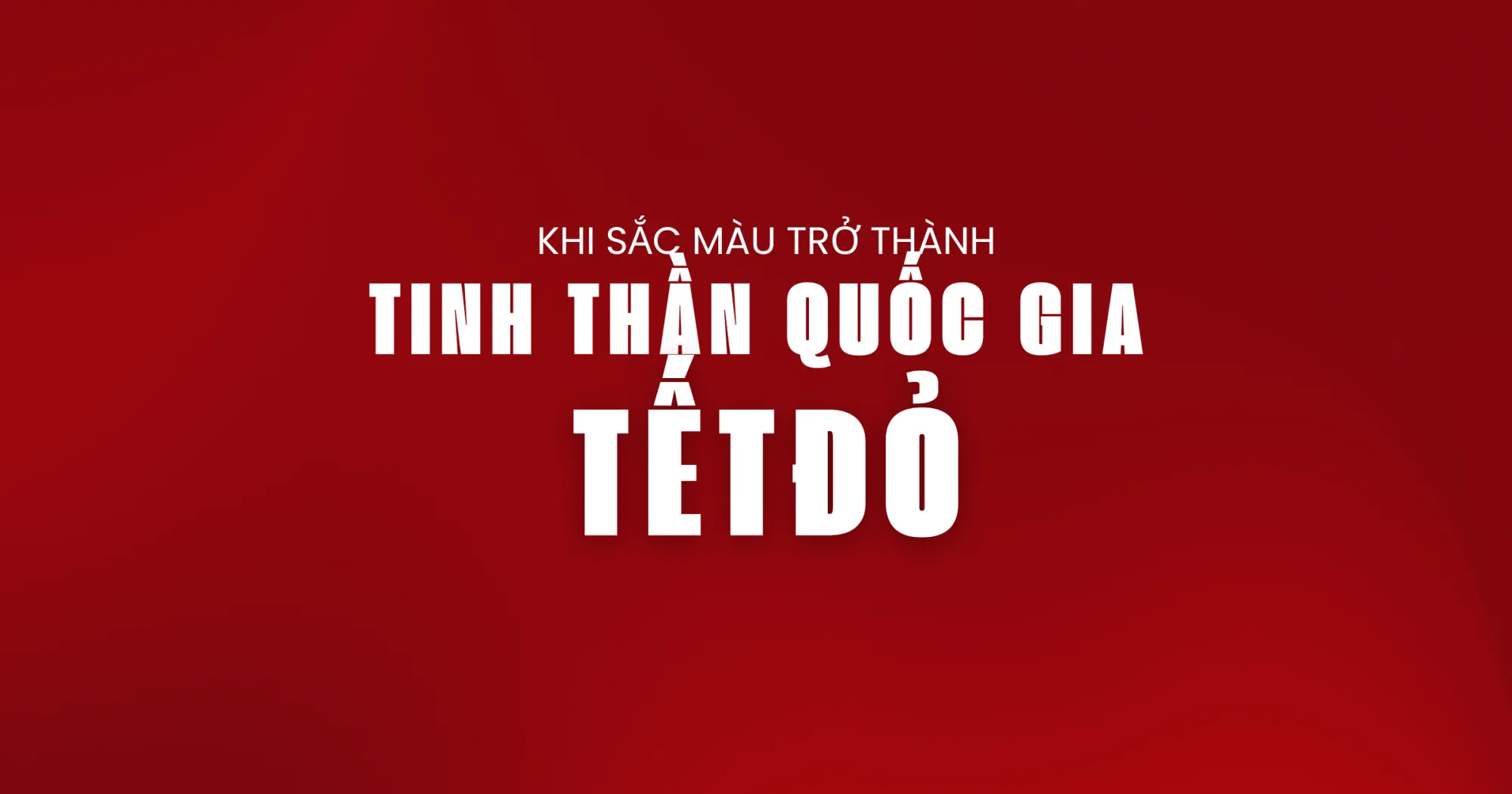As a business, we are always stuck between two streams of thought: “I can do this” and “Why don’t I hire an expert to do it faster?”.
But practical experience gives me a clearer conclusion: Not everything should be done by yourself.
And not everything should be outsourced. The important thing is: you clearly understand where your strengths and weaknesses are.
The “Do it yourself to save money” mindset and the price to pay
I once worked with a family business with a revenue of about 50 billion/year. The director, who was very good at operations, decided to “write the company strategy himself” because he was afraid of spending money on outsourcing. The result: after 1 year of implementation, everything went nowhere. The departments did not understand the goals, the team struggled with plans lacking direction, the products were launched but the core customers were unclear.
After untangling the problem, we realized: the director had good decision-making ability, was very good at handling situations and managing people – but had no skills in market analysis, product positioning or overall strategy organization.
If he had identified the weakness earlier, he could have hired a support specialist for the first 2 months and then run the operation himself. But because he tried to “take it all on himself”, he lost 10 times the cost of fixing the mistake and more importantly, lost the trust of the team.

The mindset of “Hire everything – for speed” and the risk of being “led”
On the other hand, I once advised a young startup. The CEO was only 27 years old, with strong capital from investment. Anything from strategy, marketing, to human resources… was outsourced because they believed in the professionalism of the partner, or they believed in doing whatever they could without checking. What was the result?
- The company’s strategy was “beautiful”, but it was all academic language that no one understood.
- The marketing plan was noisy but did not sell the product.
- The brand looked classy, but… did not reflect the actual team or customers.

You have the right to outsource. But if you don’t understand what you need, who you hire, and for what purpose – you are handing over the fate of your company to someone else without any control.
A close example: Car warranty – hire the manufacturer or take care of it yourself by finding a repair shop near your home?
Imagine you buy a new car, worth several billion VND. When there is a problem, you have 2 options:
- Take it to the official dealer for warranty.
- Take it to a familiar garage for cheaper repair or just go to a place near your house?
A knowledgeable person will not choose based on emotions. They will:
- Check if the car is still under warranty?
- Is the problem a technical problem or a wear and tear?
- Does the garage specialize in handling the right car model?
That is: they make decisions based on knowledge – not simply because it’s cheap or because they trust it.
The same goes for running a business. Not every “genuine showroom” is expensive, and not every familiar garage can fix a major problem. The important thing is that you have the ability to differentiate and decide.
Business owners need to know clearly: What are their strengths and what are their weaknesses?
This is what I ask any business owner before consulting:
- What are you best at? (Product, market, people, management?)
- What have you never done before and feel most clueless about?
- If you had another good person around, what would they add to your skills?
These questions help clarify: what can I be, Which parts should be outsourced and which parts should be coordinated.

For example:
- You can write your own goals, since you know your company best.
- But you need to hire an expert to help you define the right growth strategy for your segment.
- Then your internal team can execute and execute.
That is to say: experts don’t do everything for you – they help you stay clear and on track.
Don’t let the “to hire or not to hire” question obscure the more important thing
Hiring a professional is not a cost, it’s a way to reduce the risk of mistakes.
Doing it yourself is not always a cost-saving measure, and sometimes it can cause hidden damage.
The most important thing is: you have enough information to make the right decision and dare to face your own weaknesses.
The smart choice is about being sober, not extreme

In an age where knowledge is everywhere and tools can be bought with money, the only thing you can’t hire is clarity of thought and humility in decision making.
You don’t need to do everything, nor do you need to hire everything.
You just need to know who you are so you know what to do, what to hire, and how to coordinate.
And if you can start somewhere, I recommend starting with understanding your own business’s strategy, plans, and internal resources.













